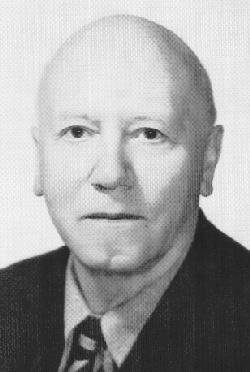Perception, Physics, and Reality : An Enquiry into the Information that Physical Science can Supply about the Real (1914), Ch. 1 : On The Arguments Against Naïf Realism Independent of the Causal Theory of Perception
Contexto: It is true that our everyday view of the world is not quite naively realistic, but that is what it would like to be. Common-sense is naively realistic wherever it does not think that there is some positive reason why it should cease to be so. And this is so in the vast majority of its perceptions. When we see a tree we think that it is really green and really waving about in precisely the same way as it appears to be. We do not think of our object of perception being 'like' the real tree, we think that what we perceive is the tree, and that it is just the same at a given moment whether it be perceived or not, except that what we perceive may be only a part of the real tree.
C. D. Broad: Frases em inglês
From Five Types of Ethical Theory (1930)
From Critical and Speculative Philosophy (1924)
From John McTaggart Ellis McTaggart (1928)
Perception, Physics, and Reality : An Enquiry into the Information that Physical Science can Supply about the Real (1914), Ch. 2 : On Causation; and on the Arguments that have been used against Causal Laws
From the Preface to Mind and Its Place in Nature (1925)
“Induction is the glory of science and the scandal of philosophy.”
Broad, C.D. (1926). The philosophy of Francis Bacon: An address delivered at Cambridge on the occasion of the Bacon tercentenary, 5 October, 1926. Cambridge: University Press, p. 67. The quotation is a paraphrase of the concluding sentence in the monograph: May we venture to hope that when Bacon's next centenary is celebrated the great work which he set going will be completed; and that Inductive Reasoning, which has long been the glory of Science, will have ceased to be the scandal of Philosophy?
From Five Types of Ethical Theory (1930)
From Philosophy (I), in Inquiry (1), (1958)
From Five Types of Ethical Theory (1930)
